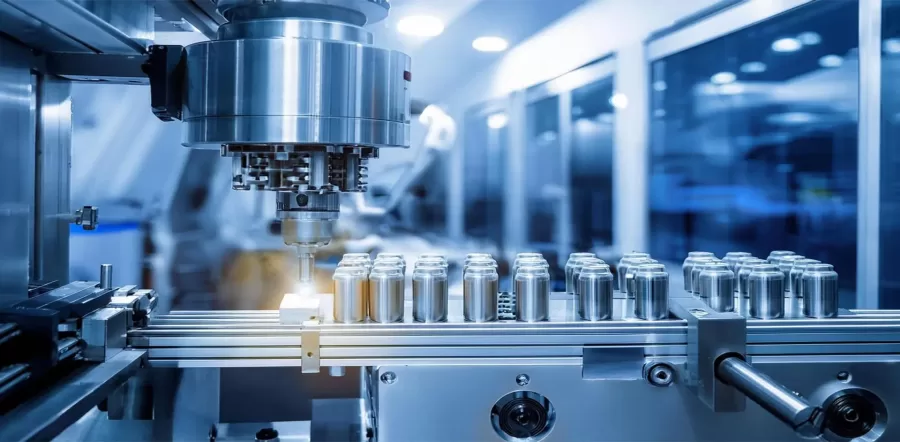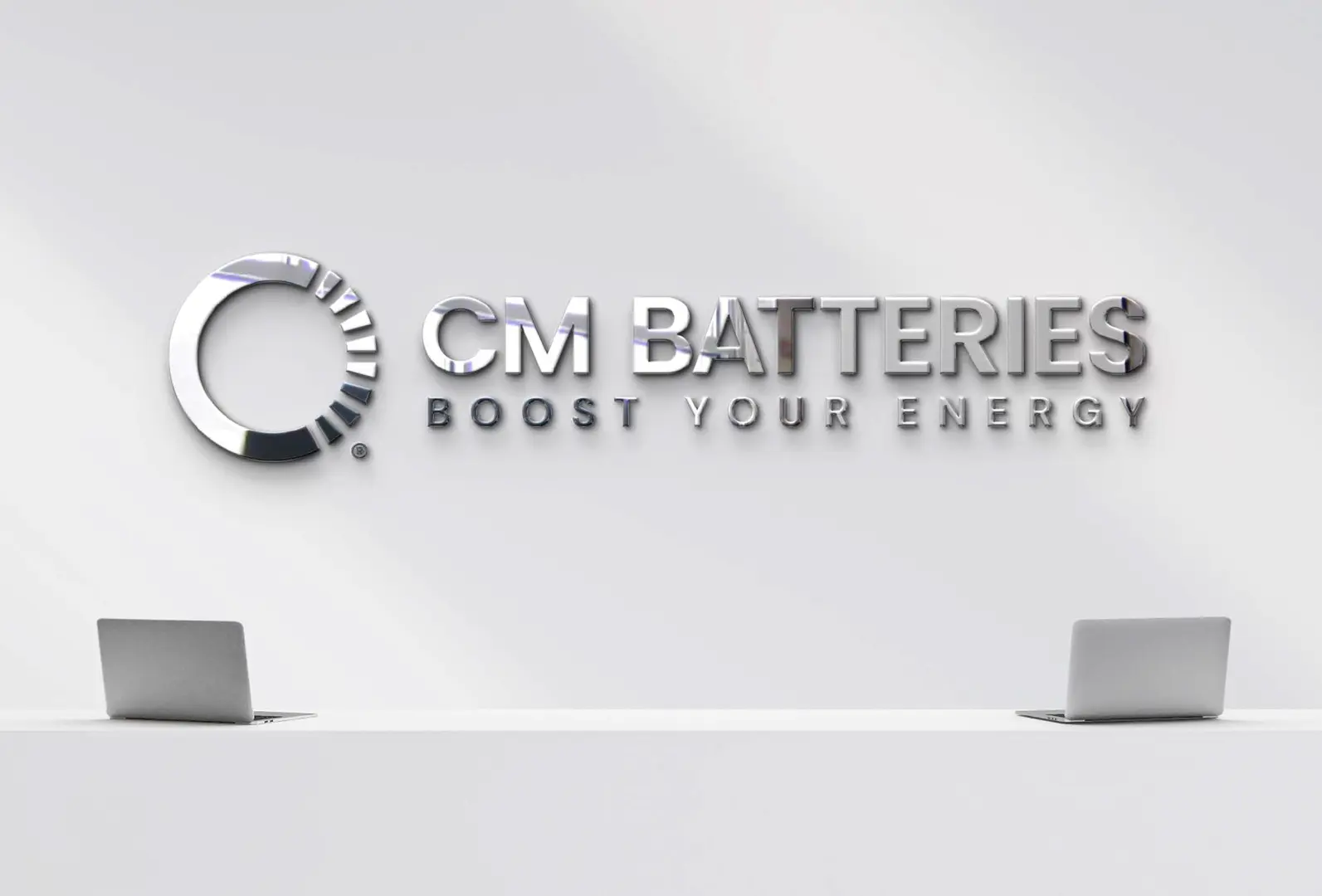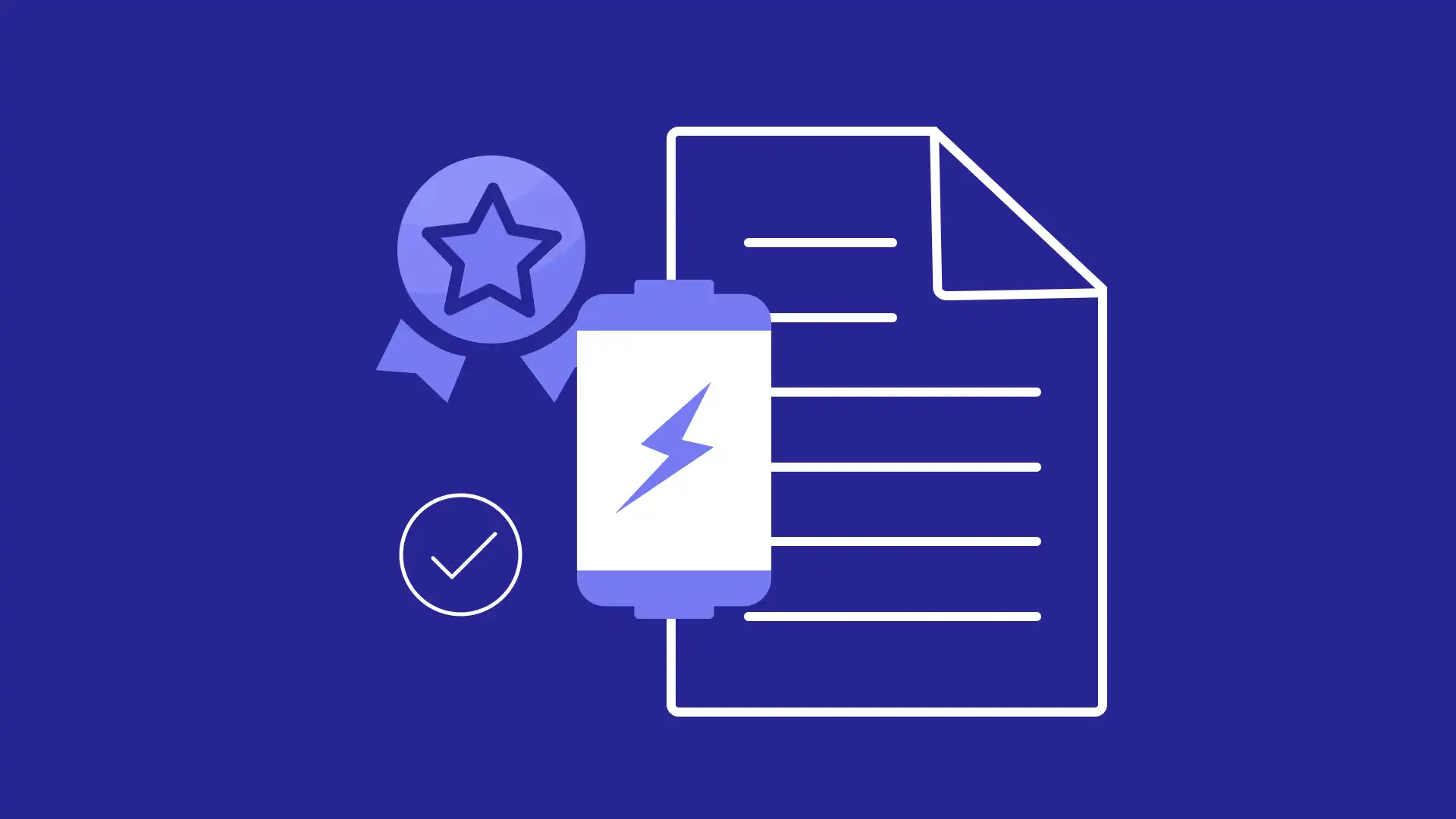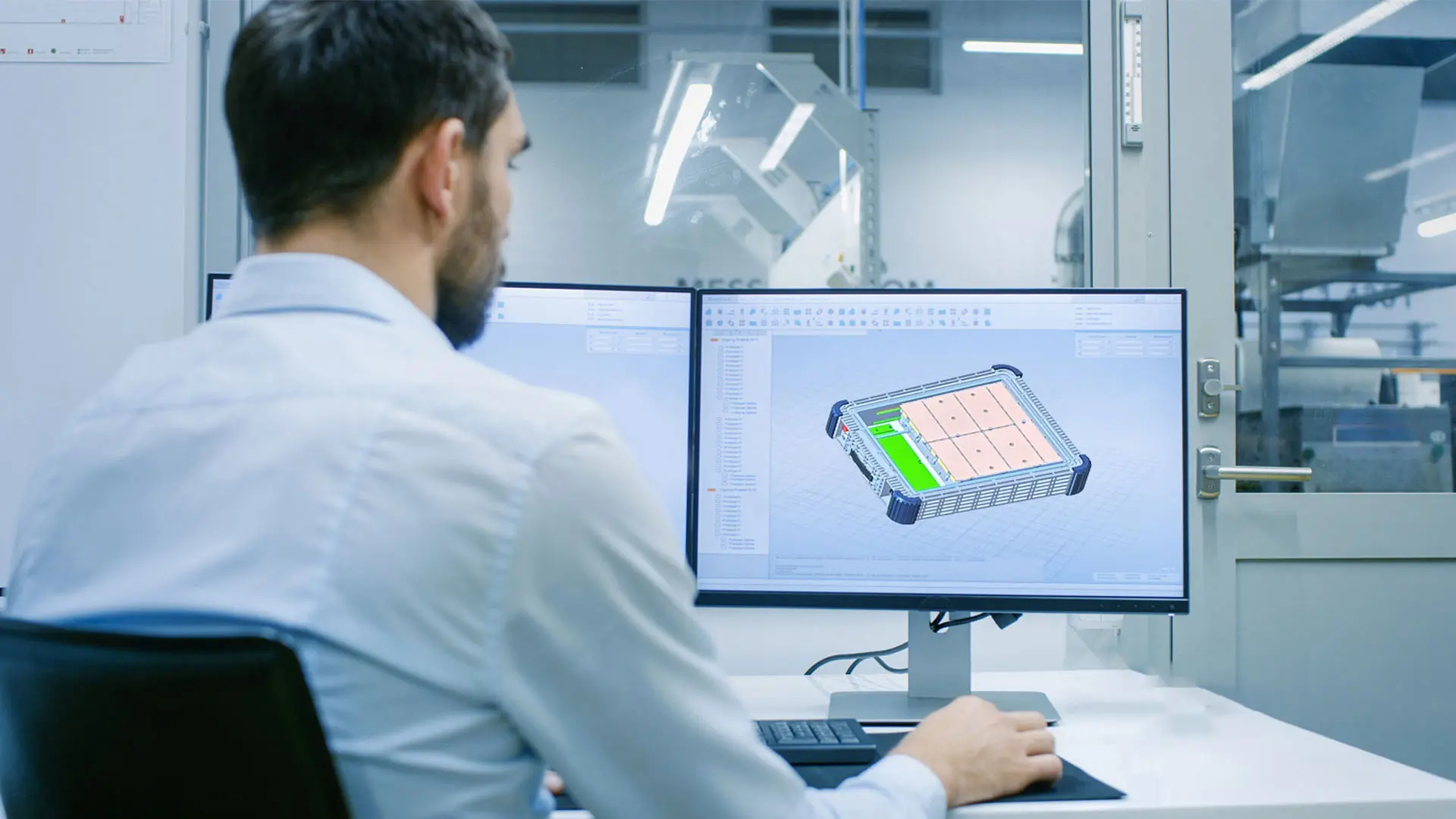Artificial intelligence is influencing almost every industry on the planet right now, and the lithium-ion battery industry is no exception. Our engineers have leveraged AI to design the shape of custom lithium-ion battery packs, making AI tools a standard part of our process. These developments help us throughout the lifecycle of a lithium-ion battery through improved efficiency, accuracy, and design strategy.
Manufacturers can now use AI to solve shortcomings and make production as efficient as possible. AI can see things the human eye can’t, giving us insight into ways to improve processes and save money in the long run. Here are a few ways that AI can help the progression of the lithium-ion battery industry:
Process Optimization
AI can review historical data and identify bottlenecks in production, allowing manufacturers to resolve them instantly and make the production process smoother. AI predicts maintenance issues before they happen, allowing manufacturers to solve problems preemptively. Use AI for effective quality control to ensure that the item is of sound quality before delivering to customers, thus reducing the number of returns. Efficiency Improvement of the production process produces less waste in the long run, benefiting the environment.
Energy Management
AI can assess how much energy each component of a facility is using, enabling manufacturers to make their process more efficient. Aside from extraneous processes from core production machines, AI optimizes general facility costs. These include HVAC costs such as heating and cooling, ventilation. How much reusable energy you save more money.

Supply Chain Management
AI is hugely useful for supply management, as it simplifies demand forecasting, transportation logistics, and inventory management. AI can help predict future demand based on past trends and upcoming cultural and economic events. It helps streamline logistics, enabling manufacturers to earn lots of money when delivering their products. AI helps manage inventory levels to help manufacturers ensure that they have enough products without carrying a surplus for too long.
Digital Twins
A digital twin is a version of a product that exists digitally to help predict the lifecycle of the product. In the case of lithium-ion batteries it means that manufacturers can cross-reference their product with a digital version to see what went wrong. This allows manufacturers to identify problems quicker and more efficiently, wasting fewer resources in the process.
Data Analysis
Manufacturers can now use machine learning (ML) to process large sets of data to create reliable models. Processing this amount of data is impossible for humans to handle on a reasonable timeline, but manufacturers utilize advanced data-driven experience brings superior products.
These manufacturing benefits are only the beginning of AI’s impact on the lithium-ion battery industry. In part 2 of this article (link to part 2), we will focus on how AI plays a role in the use of the battery itself for consumers.
Are you in the market for a lithium battery? Contact our experts today for more guidance on which customizable lithium-ion battery is the best fit for your needs.











